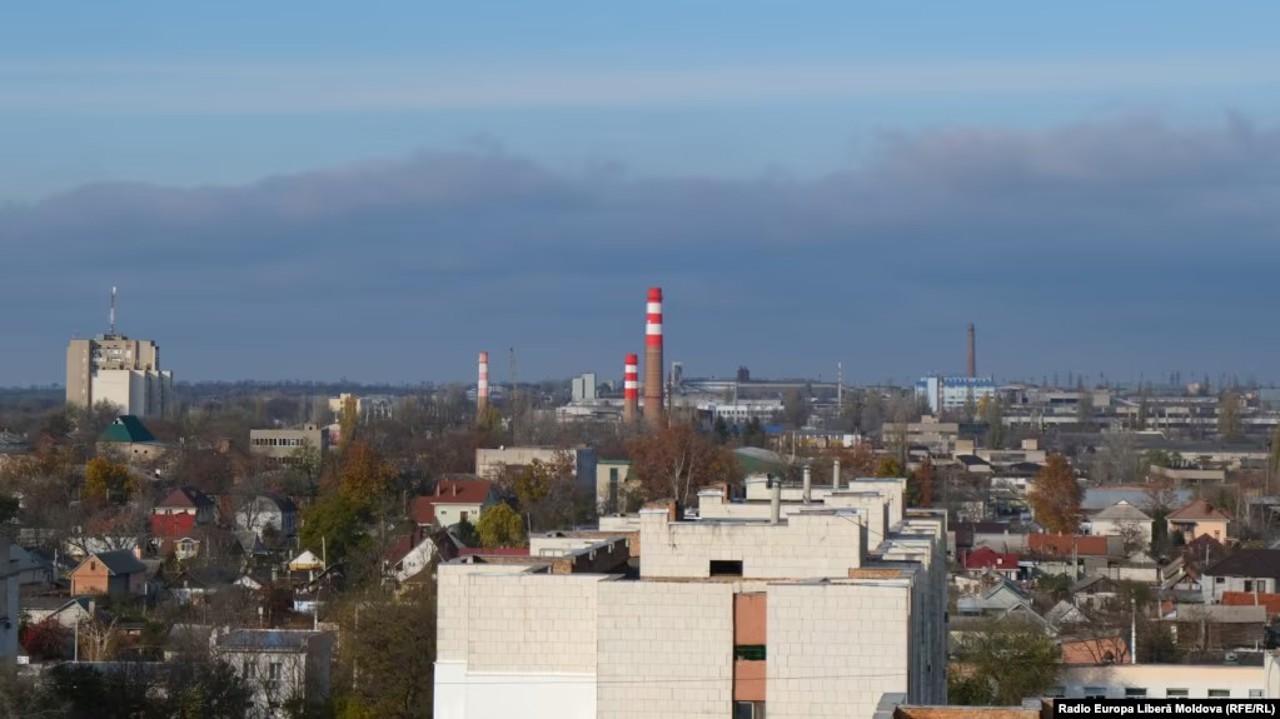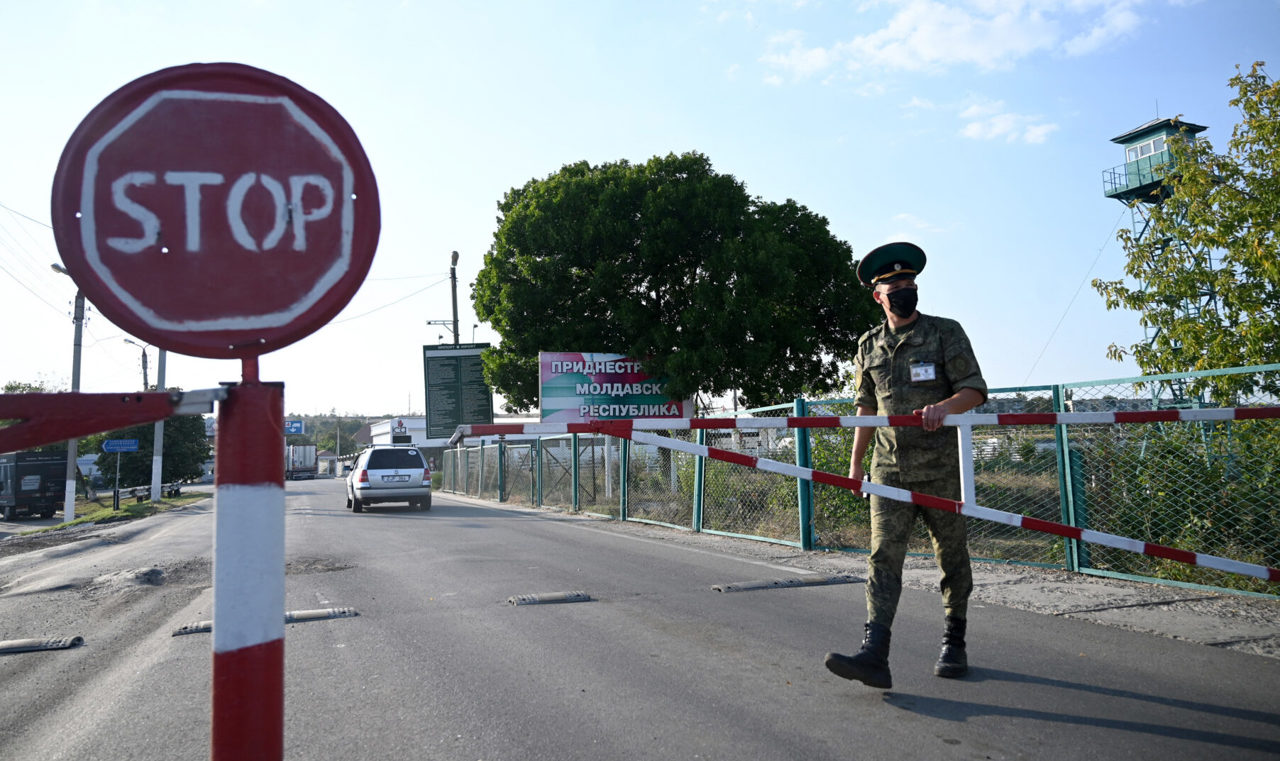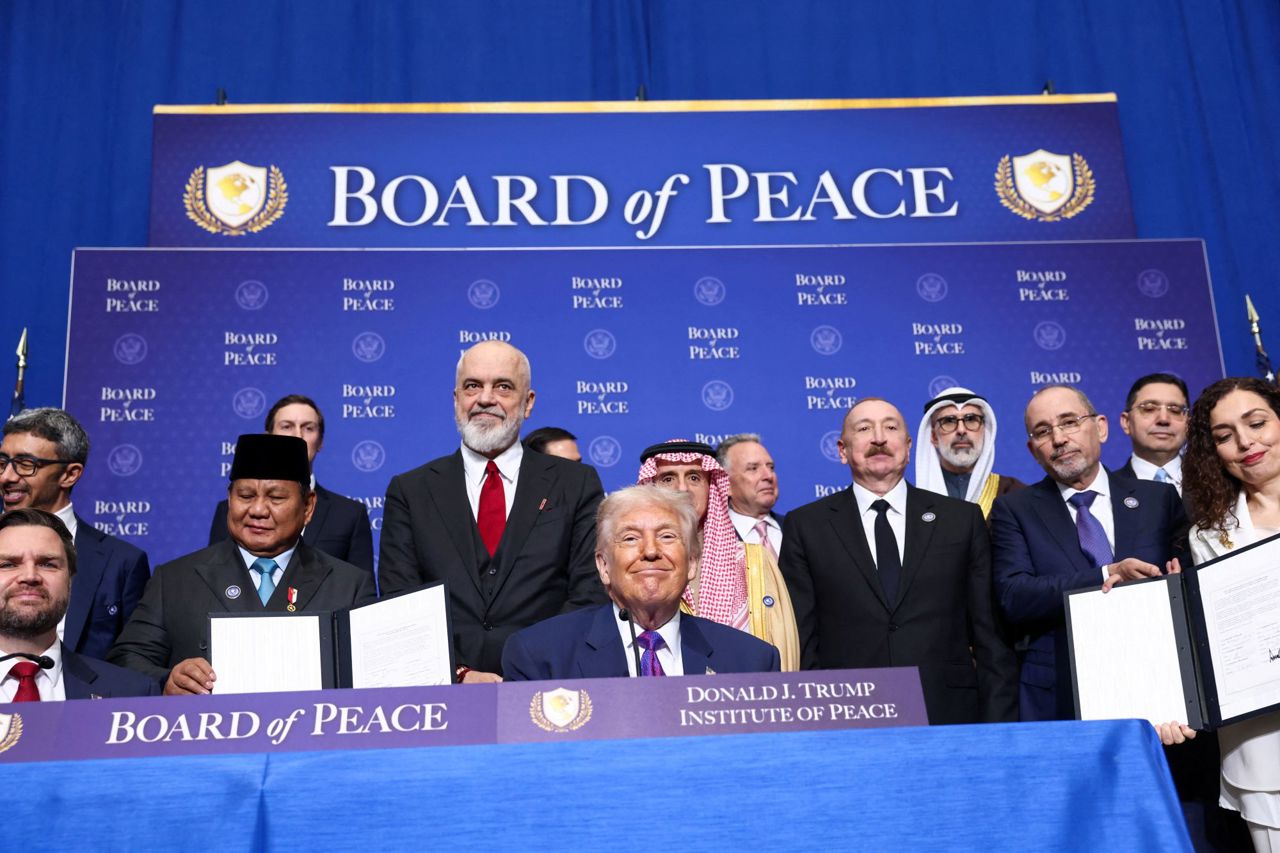Chișinău sets fair rules for Transnistrian heavy industry

Authorities in Chișinău are preparing measures to ensure fair conditions for economic operators on both banks of the Dniester, in the context of the revival of heavy industry in the Transnistrian region.
Among the solutions under consideration is the taxation of enterprises in the Transnistrian region that benefit from natural gas intended for public use.
"We have taken note of the fact that industries are being revived and, as mentioned earlier, the relevant decisions are currently being finalized and implemented. I mean that all traders on both banks must operate on a level playing field, which would include measures such as imposing taxes or establishing fiscal monopolies to ensure balanced trade and prevent any disadvantage to economic operators on the right bank."
In February, Chișinău allowed the transit of gas to the Transnistrian region under a contract between Moldovagaz and a European trader, with payment made in advance. The government has set a limit of 3 million cubic meters per day for deliveries, warning that if this threshold is exceeded to revive the region’s major industries, transactions will be subject to taxation. Experts had previously warned that the current arrangement could perpetuate Russia’s influence in the Transnistrian region.
The region’s primary economic drivers – the Metallurgical Plant and the Cement Plant on the left bank of the Dniester – halted their operations after the Russian conglomerate Gazprom stopped gas deliveries to Moldova at the beginning of 2024, triggering an energy crisis in the region.
Translation by Iurie Tataru





